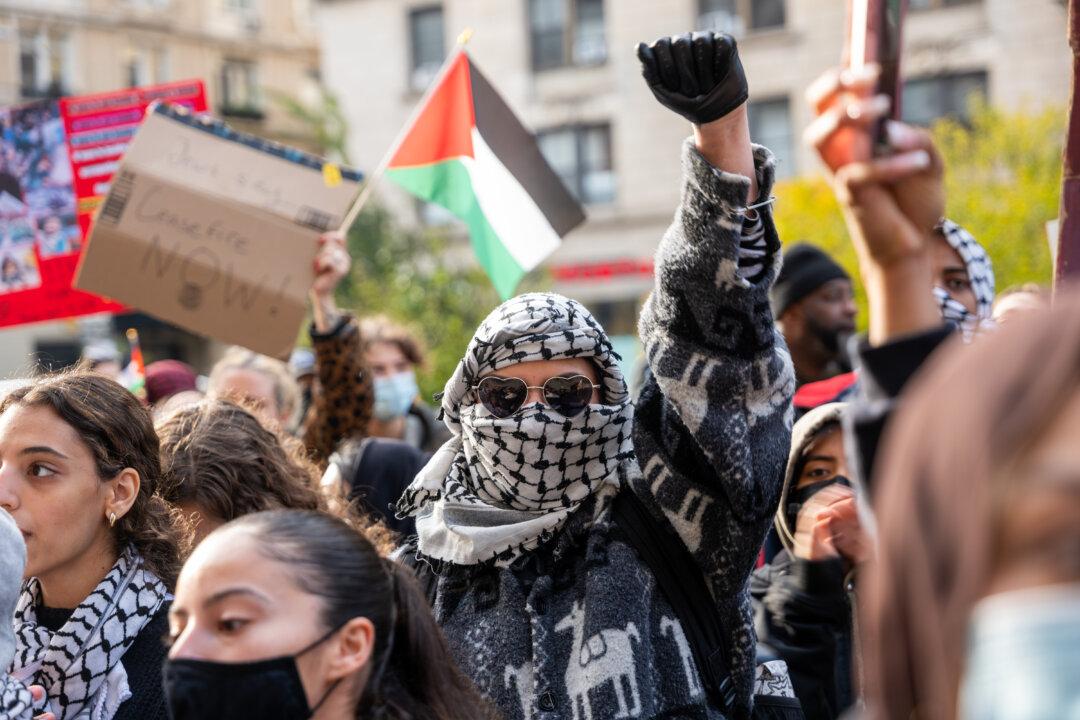A group of 13 federal judges has declared that they won’t hire any new graduates of Columbia University, citing what they described as an “explosion of student disruptions, anti-Semitism, and hatred for diverse viewpoints” on the Ivy League school campus.
“As judges who hire law clerks every year to serve in the federal judiciary, we have lost confidence in Columbia as an institution of higher education,” the judges wrote in a letter to Columbia President Minouche Shafik.





